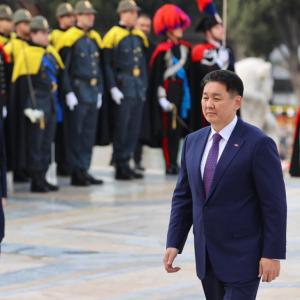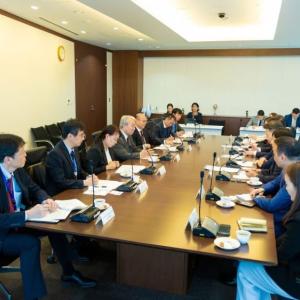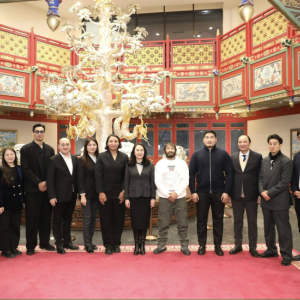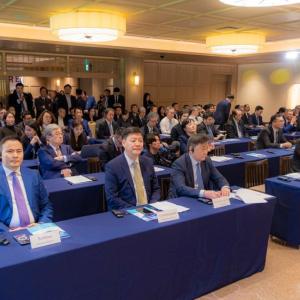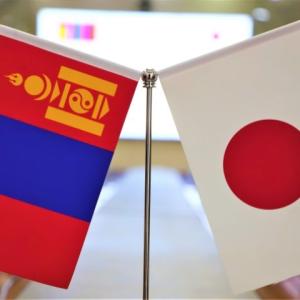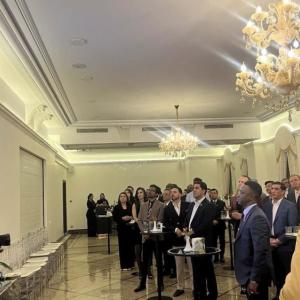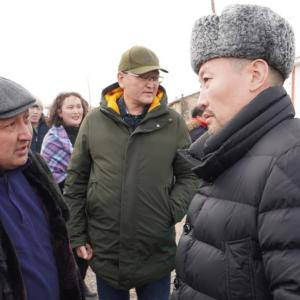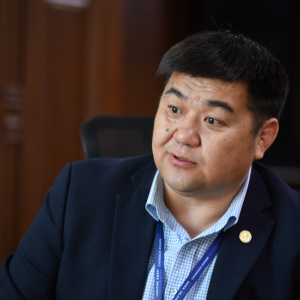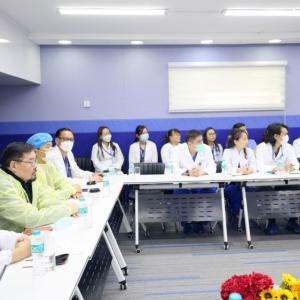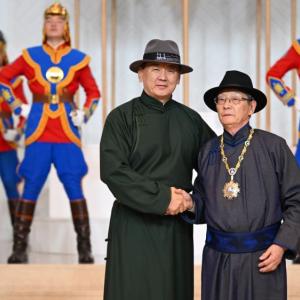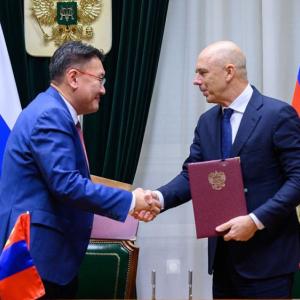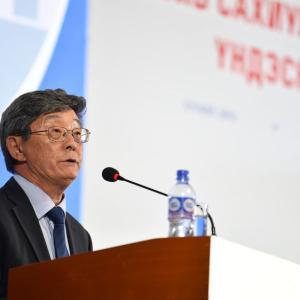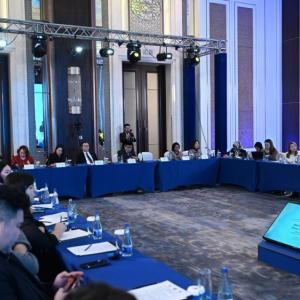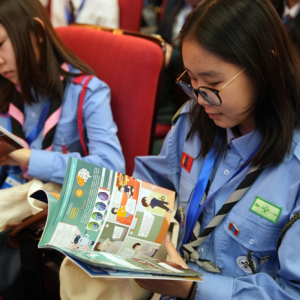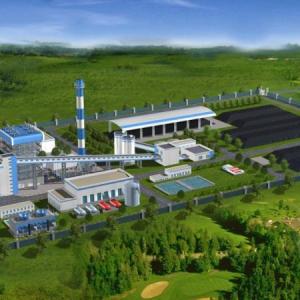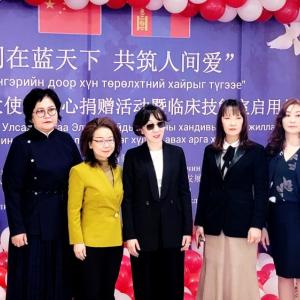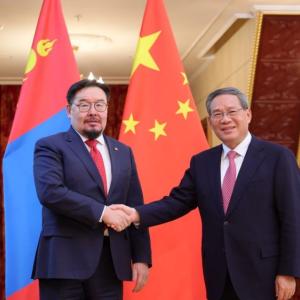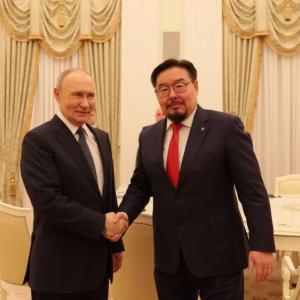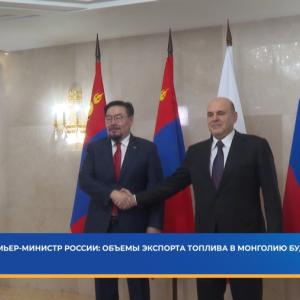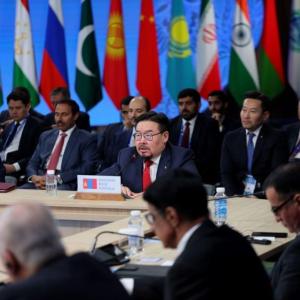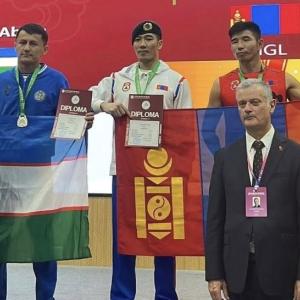Mongolia and Vietnam to Collaborate on AI Development
Politics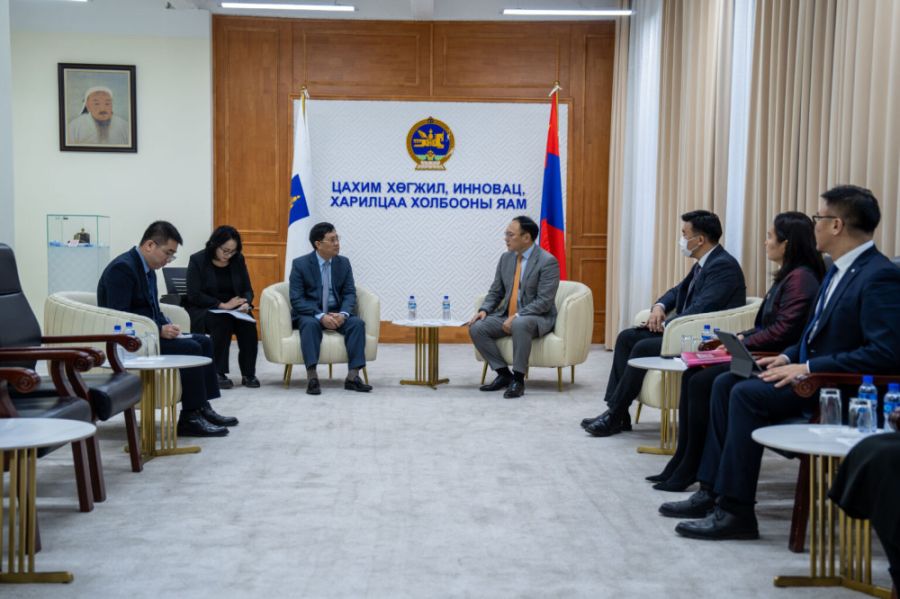
Ulaanbaatar, January 10, 2025 /MONTSAME/. Minister of Digital Development, Innovation, and Communications of Mongolia Baatarkhuu Tsend met with Ambassador Extraordinary and Plenipotentiary of the Socialist Republic of Vietnam Nguyen Tuan Thanh on January 8, 2025.
At the outset of the meeting, Minister of Digital Development, Innovation, and Communications of Mongolia Baatarkhuu Tsend highlighted that as part of the 70th-anniversary celebration of the establishment of diplomatic relations between Mongolia and the Republic of Vietnam last year, direct flights have been launched between the two countries, boosting cooperation between enterprises of the two countries. Also, Minister Baatarkhuu expressed eagerness to expand Mongolia-Vietnam cooperation in communications technology in the future.
The Minister noted, “Mongolia has been actively working towards digitizing its public services, allowing citizens to receive public services through their smart devices. As a result, the country has advanced 28 places, ranking 46th out of 193 countries in the UN biennial "E-Government Development Index." The E-Mongolia Academy of Mongolia has played a pivotal role in this achievement. Therefore, we are interested in cooperating to make Vietnam's public services more accessible to its citizens.”
Ambassador Extraordinary and Plenipotentiary of the Socialist Republic of Vietnam Nguyen Tuan Thanh emphasized, “In recent years, the communication and information technology sector of Vietnam has been developing rapidly, attracting interest from major global IT companies. As part of this progress, a Cooperation Agreement was signed with NVIDIA last month. Under this Agreement, plans have been made to establish an "Artificial Intelligence Research Center" and an "Artificial Intelligence Data Center." The information technology sector holds a crucial position in Vietnam's economy, and opportunities for further collaboration with Mongolia in this field are being explored.”
Minister Baatarkhuu stated that Mongolia is focusing on developing its digital economy in 2025. Within this framework, the country plans to put big government data into circulation, collaborate with Vietnam in exchanging experiences on artificial intelligence development, and launch joint programs to foster startup companies in the two countries. He also underlined the potential for cooperation in introducing emerging technologies.
In Mongolia, the communication and information technology sector accounts for 3.2 percent of the country's GDP. Meanwhile, Vietnam supports its IT companies by exempting them from corporate income tax (CIT) for the first four years, gradually reducing the tax rate over the next nine years starting at 50 percent, and ultimately lowering it to 10 percent for the final two years. Vietnam's communication and IT sector contributes 3.0 percent of its GDP, with sales revenue reaching USD 150 billion. The sector's growth rate is twice as high compared to other economic sectors.
 Ulaanbaatar
Ulaanbaatar






